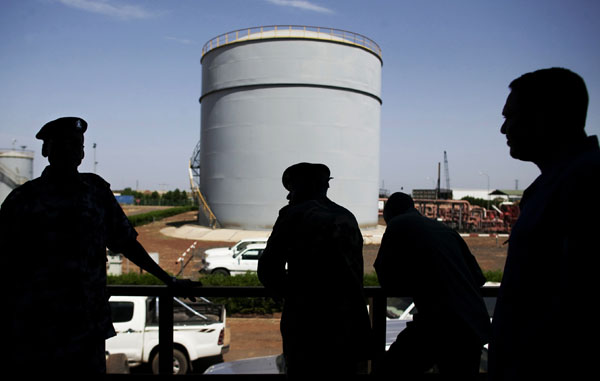
In a recently released fact sheet, “What Could the Oil Shutdown Mean for South Sudan?” Sudan Policy Analyst Jennifer Christian outlines what the January 2012 oil production shutdown in South Sudan means for the economic future of the country.The fact that the halt in production will have dramatic implications is undeniable, as Christian writes:
Regardless of one’s opinions concerning the South’s motivations and decision to shut down oil production, one stark economic fact remains clear: The government of South Sudan, prior to January 2012, derived 98 percent of its budget from the sale of oil. Therefore, one might ask, what could the oil shutdown mean for South Sudan?
The fact sheet addresses this question by identifying three austerity measures the government of South Sudan has already imposed: non-salary spending reductions, reduction of monthly unconditional state grants, and a renewed effort to collect non-oil revenue through increased taxation and tax policy enforcement. The report also outlines possible future effects of the shutdown: increased food insecurity, cessation of government services, reduction of civil servant positions, loss of investor confidence, macroeconomic ramifications, and further hostility with Sudan.
Until a sustainable agreement can be reached or an alternative export mechanism is secured, the oil shutdown will continue. Neither of these outcomes is likely to happen in the near future, so South Sudan’s oil production could remain on hold for months or even years.
Read the full fact sheet: “What Could the Oil Shutdown Mean for South Sudan?”
Photo: Oil facility in South Sudan (AP)

